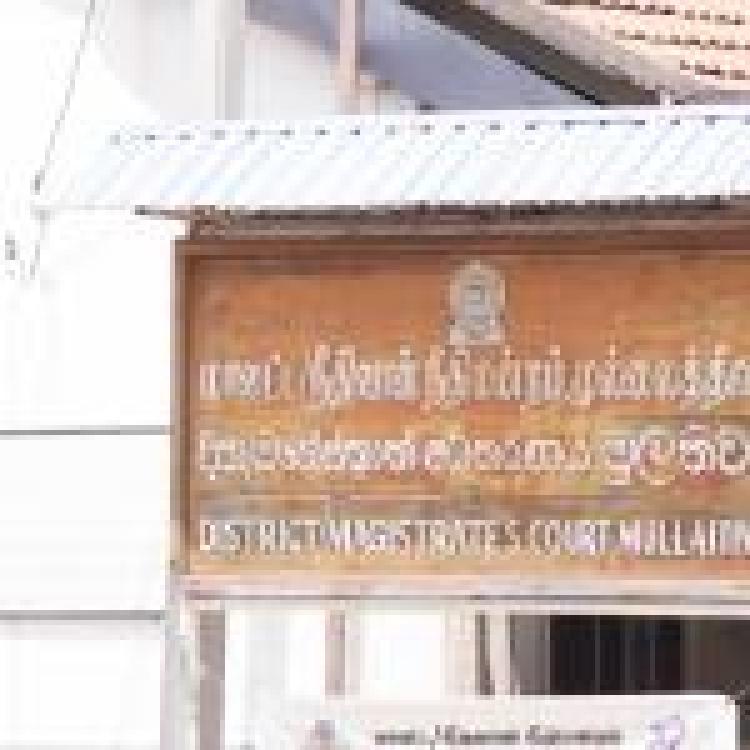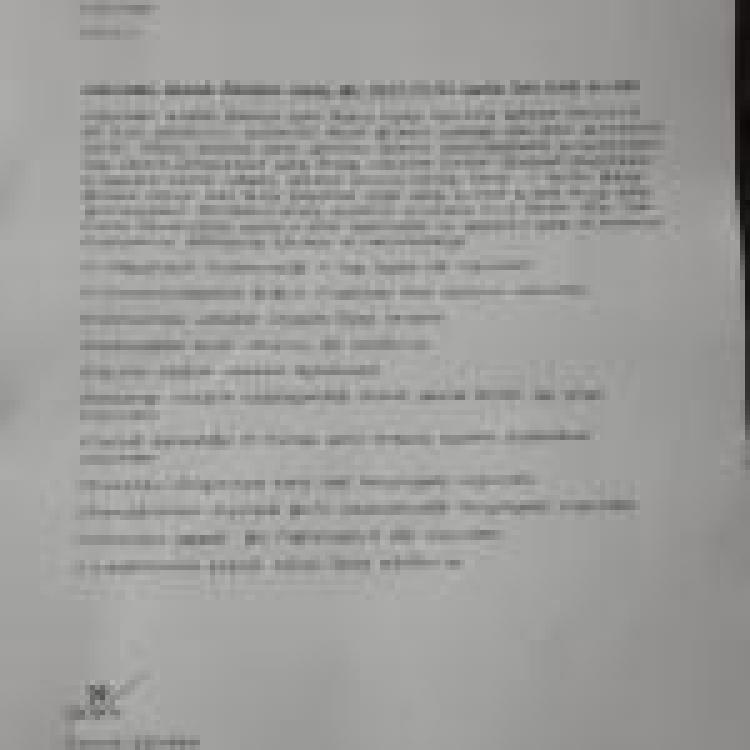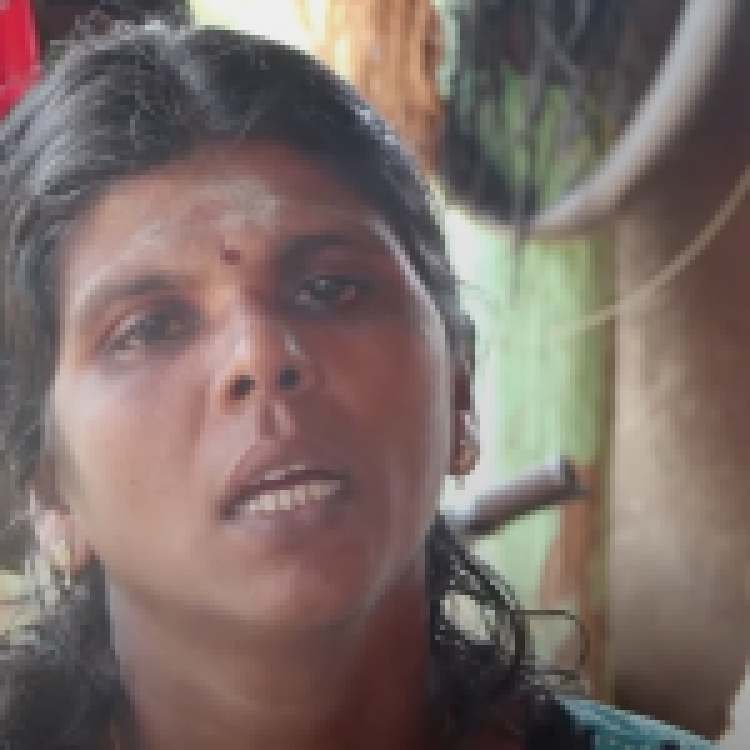As we near 11 years since the Mullivaikkal Tamil genocide, we are still searching for our family members, FOD said in a statement.
In their statement they said;
“May 18 marks another dark day in the lives of Tamil people. This day memorialises the Sri Lankan state’s long history of ethnic cleansing, during the war.
It is an emotional day that Tamils all over the world mourn; it is a day of defiance and grief. A day where the Sri Lanka government and army opposed Tamil rights and unleashed outrageous acts of human rights violations against Tamils.
Eleven years have passed but our tragedies and tears still persist today. The ground, air and sea forces circled Mullivaikkal and launched a bombardment of multiple cluster bombs, chemical and ground bombs. We were forced to hand over our children, spouses, siblings, relatives and friends to Sri Lanka army.
Continued arrests of survivors and remaining family members in the camp by the Sri Lanka Army and investigators took place. We still have no information for those who surrendered, people who were arrested and those who were forcibly disappeared that day.
Despite making various efforts to find our relatives since 2009, we have not got any information at all about their whereabouts. Over 1180 days have passed since we started our search for the answers on their fate.
Even with changes to the Sri Lanka regime, our pain has still not ended. For the past 11 years, we continue to be failed and fooled by the Tamil politicians that have been elected in by the Tamil people.
We painfully highlight our struggle to the selfish and opportunistic parties. We urge the future representatives for Tamil people to tackle the current problems of the Tamil community and remind them of the duty and responsibility they owe to the families of the disappeared.
On the commemoration of the Mullivaikkal genocide we remind the Sri Lanka government and International community of our five unfulfilled demands;
(1) releasing a list of all those who surrendered or were detained by the Sri Lankan armed forces during and after the war, particularly during the last phase;
(2) releasing a list of all secret detention centres, their status and list of detainees;
(3) releasing a list of all detainees held under the PTA and detainees held in detention centres;
(4) releasing these lists to representatives from the families of the disappeared; and
(5) releasing in public all reports by commissions appointed over the years to address the issue of disappearances and the Government’s response to those reports.”
The families of disappeared urged Tamil people from around the world to observe and commemorate Mullivaikkal genocide;
“Our dearests friends,
Mullivaikkal will always be deep-rooted in our minds as an unhealing wound and a scarring memory. Due to the COVID-19 pandemic, the Mullivaikkal memorial will be held at the Mullivaikal Muttram on May 18 at 10:30 am and efforts by local groups have been made to allow it to occur. We ask those who cannot attend to light a candle at 7pm from their houses to commemorate the Mullivaikkal massacre.
To commemorate the Mullivaikkal genocide, we also urge you to cook the symbolic kanji in your households.
We wish to state the importance in remembering Mullivaikkal by us and future generations in our quest for Tamil liberation.
We pay respect to all the people killed during the Mullivaikkal genocide. We join together in solidarity with those who lost limbs and with those who lost relatives during the civil war, on this remembrance day. We are determined to continue on our path to liberation.
We count and pay respects to our relatives who were killed during the Mullivaikkal genocide.
We continue to count, search and protest for our relatives who have been forcibly disappeared.”
Despite 11 years since the massacres at Mullivaikkal, the Sri Lankan state continues to aggressively implement its Sinhala Buddhist chauvinism across the North East with increased surveillance, militarisation and brutality against Tamils and minorities.
Using the Easter bombings crisis last year to suppress commemoration efforts, this year the state have again threatened and intimidated Tamils and party members by using the COVID-19 pandemic as a guise for their actions.
Read more in our editorial.



